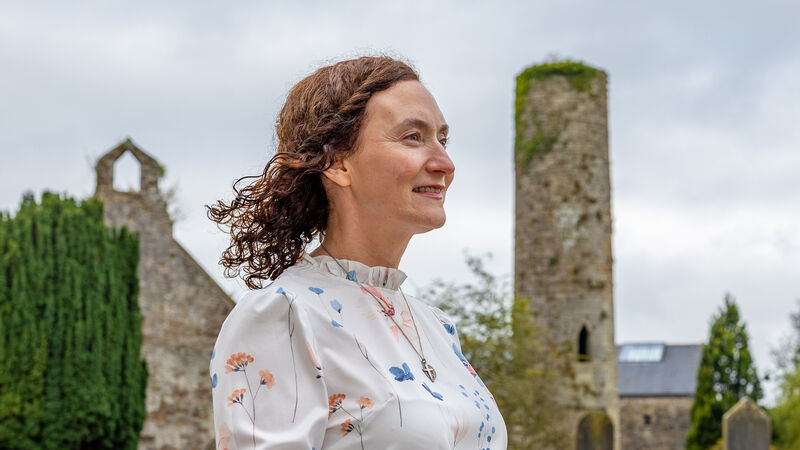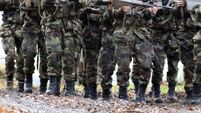'God and the Rape Crisis Centre are helping me': Yvonne O'Rouke on Defence Forces abuse

In 2020, the Workplace Relations Commission ordered the Minister for Defence to pay €117,814 in compensation to Yvonne Ryan after finding she was victim to gender discrimination arising from 'an unacceptable systematic failure' in the Defence Forces. Picture: Kieran Ryan-Benson
As Yvonne O’Rourke lay crumpled up in Kilbride cemetery across the road from Baldonnel Aerodrome on a cold February night, a local farmer who came on her thought she was a balled-up plastic bag. Alerted to a noise in the graveyard by his barking dog, he thought it had been a false alarm until he noticed a little finger moving and quickly realised that the 'plastic bag' was a human being who was close to death.
He quickly raised the alarm and she was resuscitated and rushed to hospital amid fears that she would not survive. So serious was her condition on that night in 2002 that her parents had to be brought to Dublin from Tipperary by the Air Corps — just nine months after their eldest son died in a car crash.













